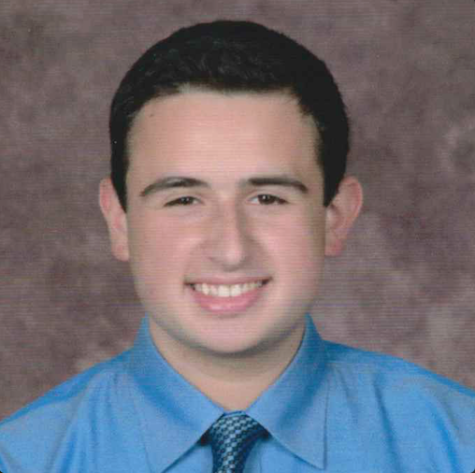Or maybe you’re a risk taker, clutching your dimly-lit iPhone in the palm of your hand, as the teacher makes his or her rounds past your desk.
“Who cares?”, you say. “It’s not like we’re doing anything important, right?’
Wrong. It doesn’t matter if you don’t find what’s going on in class to be important.
Your teachers have dedicated their professional adult lives to help guide the students of BHS to success, and that mission is disintegrated one middle-of-class Facebook app check at a time.
Your teachers have more than earned your respect. It doesn’t matter if you’re not interested in the subject matter. It doesn’t matter if you find the class to be irrelevant or unimportant. Your teachers are trying to guide you. Why don’t you reciprocate the favor by being appreciative?
For a school district as fortunate as ours is, with the unparalleled faculty and resources that we have, it is utterly ridiculous that this is even an issue.
The BHS Parent/Student Handbook of 2012-2013 states that cell phones “should not be seen nor heard during class or passing times. Students must keep these devices in their pockets, purses, or backpacks UNSEEN and turned OFF.”
Well then, where did the idea come about that students could use their phones in class? Do students actually think that teachers don’t notice?
“It’s a daily occurrence,” says science teacher Joe Burwell. Burwell, who finds the school’s in-class policy on cell phones to not be strict enough, says that he confiscates cell phones almost daily. “I think [the enforcement] should probably be stricter. The problem is… the enforcement, I think, is kind of uneven, and I say that even about myself.”
“I have a lot of students, and almost all of them have phones, so [issues with cell phones are] sort of a constant, ongoing thing… maybe they’re not using the phone, but the phone is out. It’s on the table, it’s in the pocket, it’s… in the edge of a bag where they can access it.”
“I think the biggest problem… from a personal standpoint [is that] I see it as a sign of disrespect,” Burwell said. “A student feels like their phone is more important than what we have to do in class, and that’s what bothers me – that it’s a constant sign of distraction.”
Assistant Principal Paul Chase agrees. “Other than having [a cell phone] out for an educational purpose where the teacher gives permission, it’s completely rude and unacceptable.”
“If cell phones are not policed properly in classrooms, it destroys the educational environment of the classroom,” said Chase. “[BHS’ policy on cell phones in the classroom] is an effective policy, but in the end, it comes down to the level of how the teacher is going to take care of it in their own classroom.”
According to Chase, this school year, the number of cell phones confiscated and sent to his office has declined slightly. To date, Chase estimates that he has received approximately 75 to 80 cell phones, compared to about 200 phones per school year in previous years.
Chase acknowledged that BHS has room for improvement with regards to cell phones.
“It’s just an ongoing problem that every school [faces]. It’s not a Beachwood thing, it’s every school in America. I don’t think we’re the worst school [with regards to cell phone usage in class], but we could do better.”
Chase is right. We could do better.






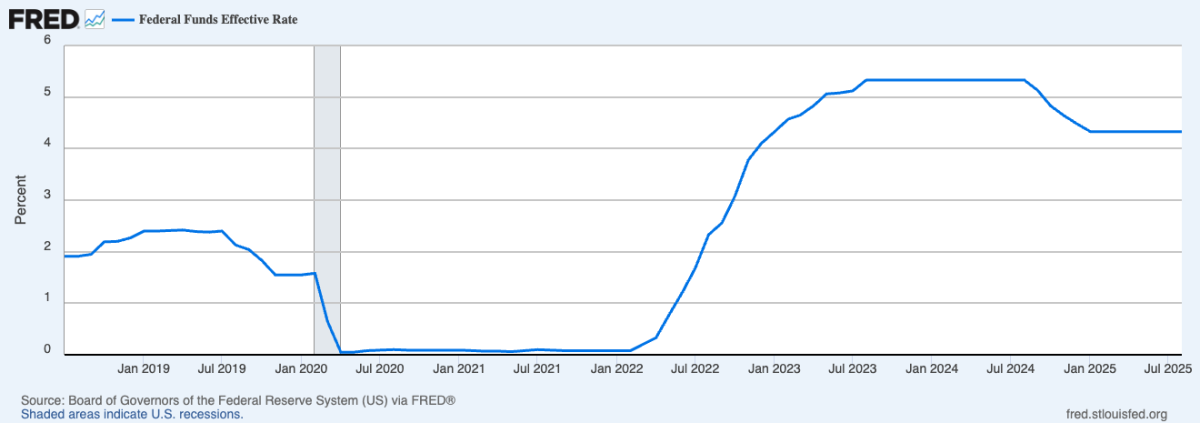
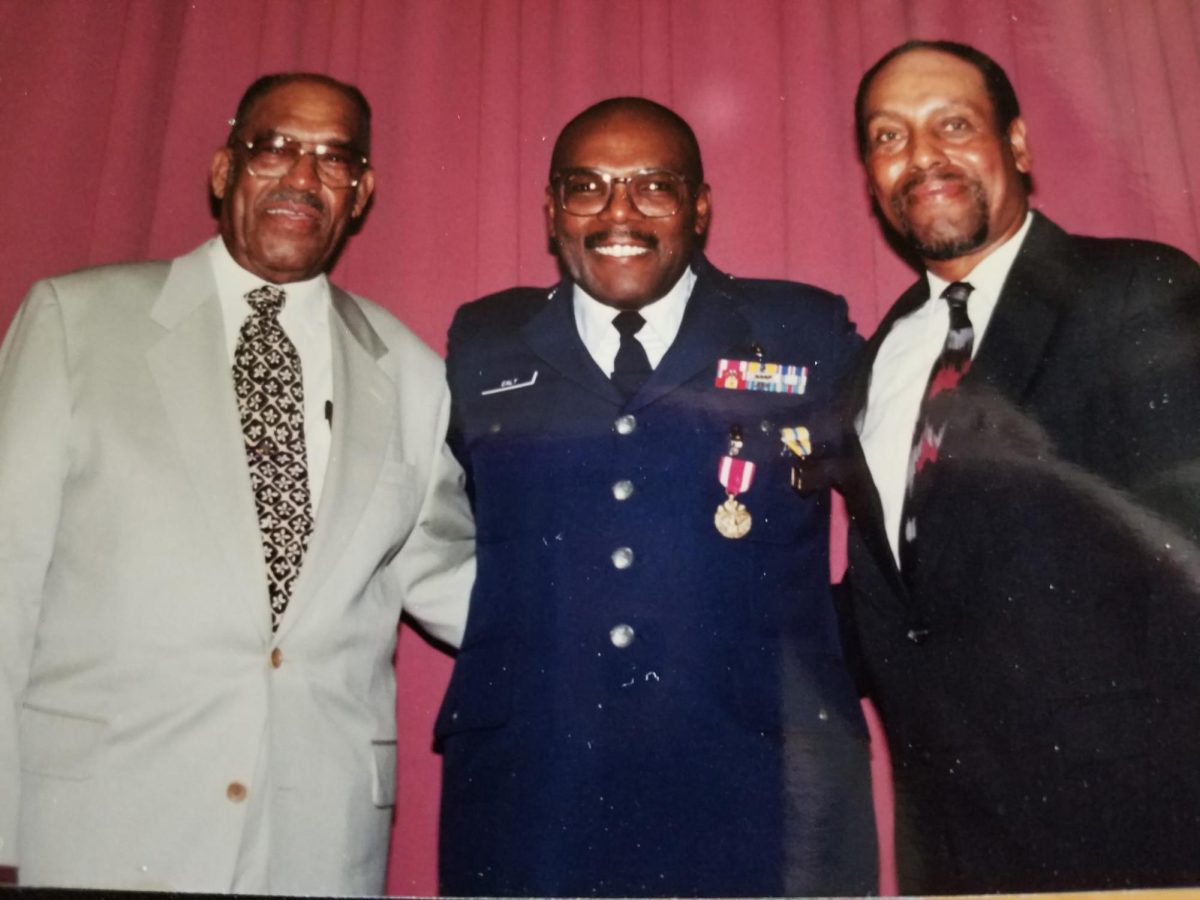

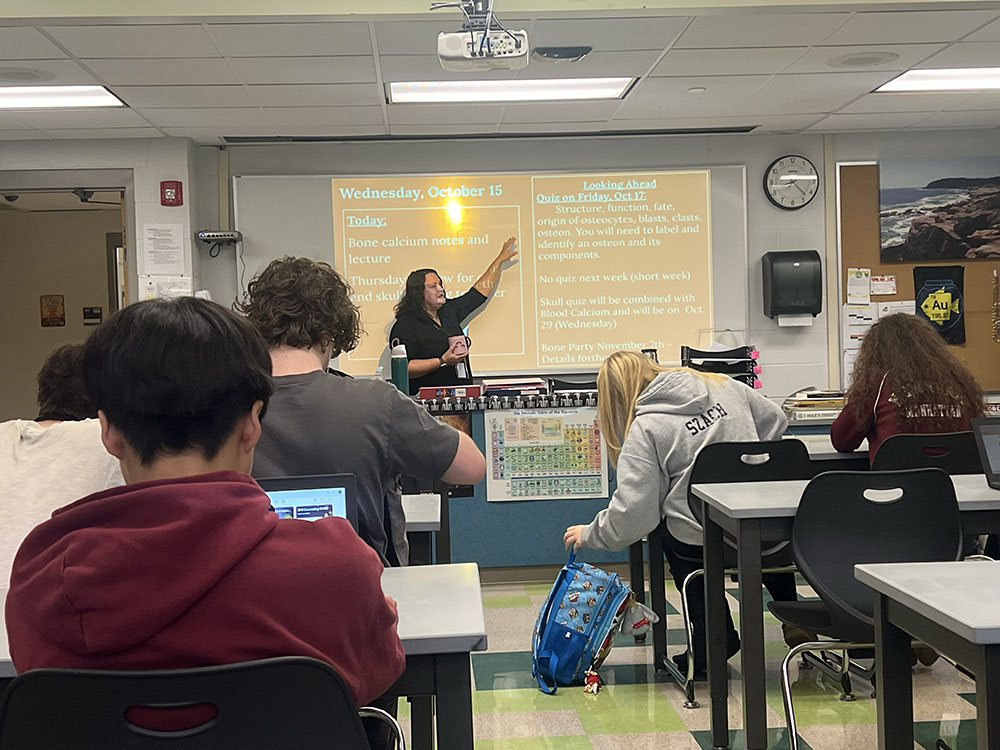
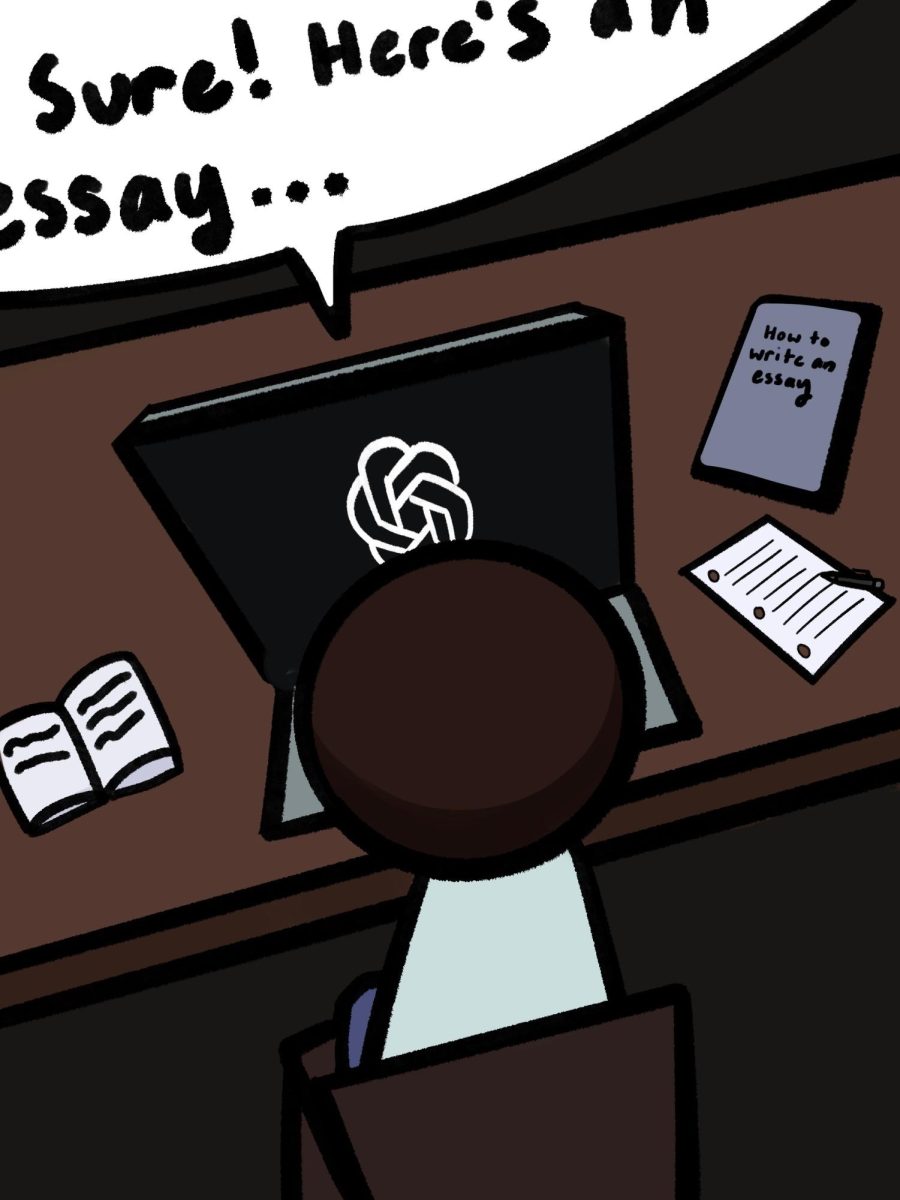
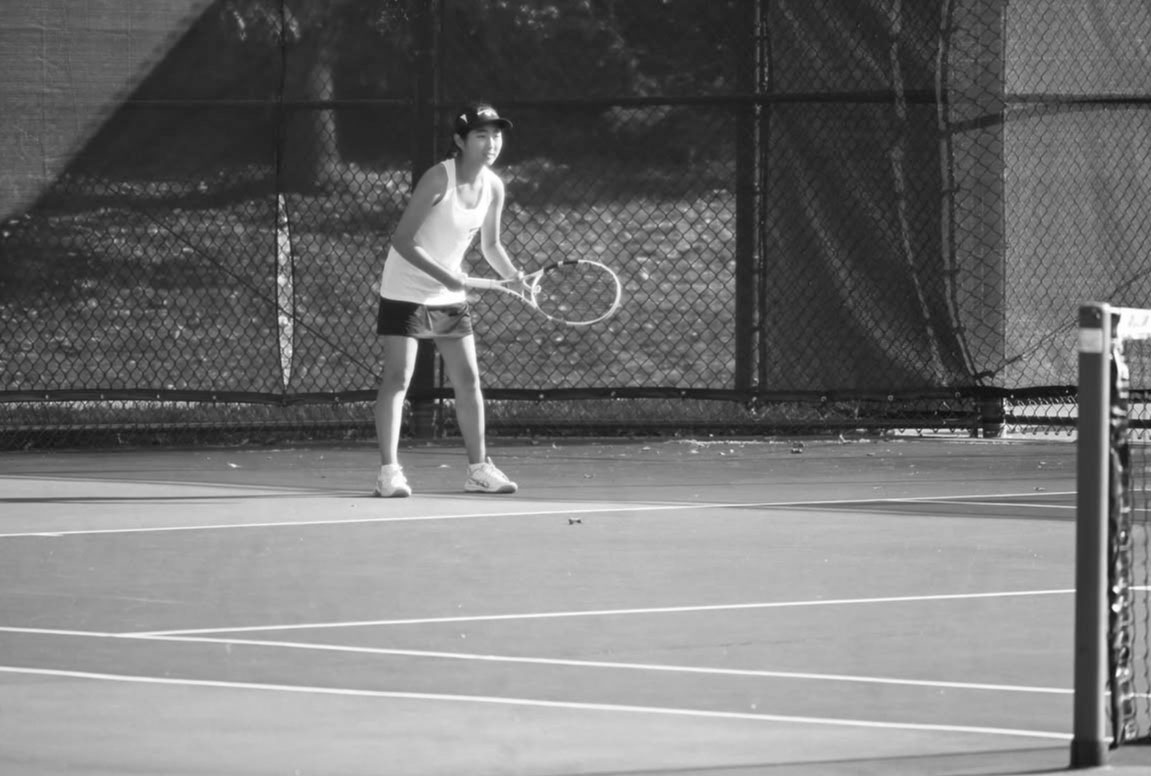
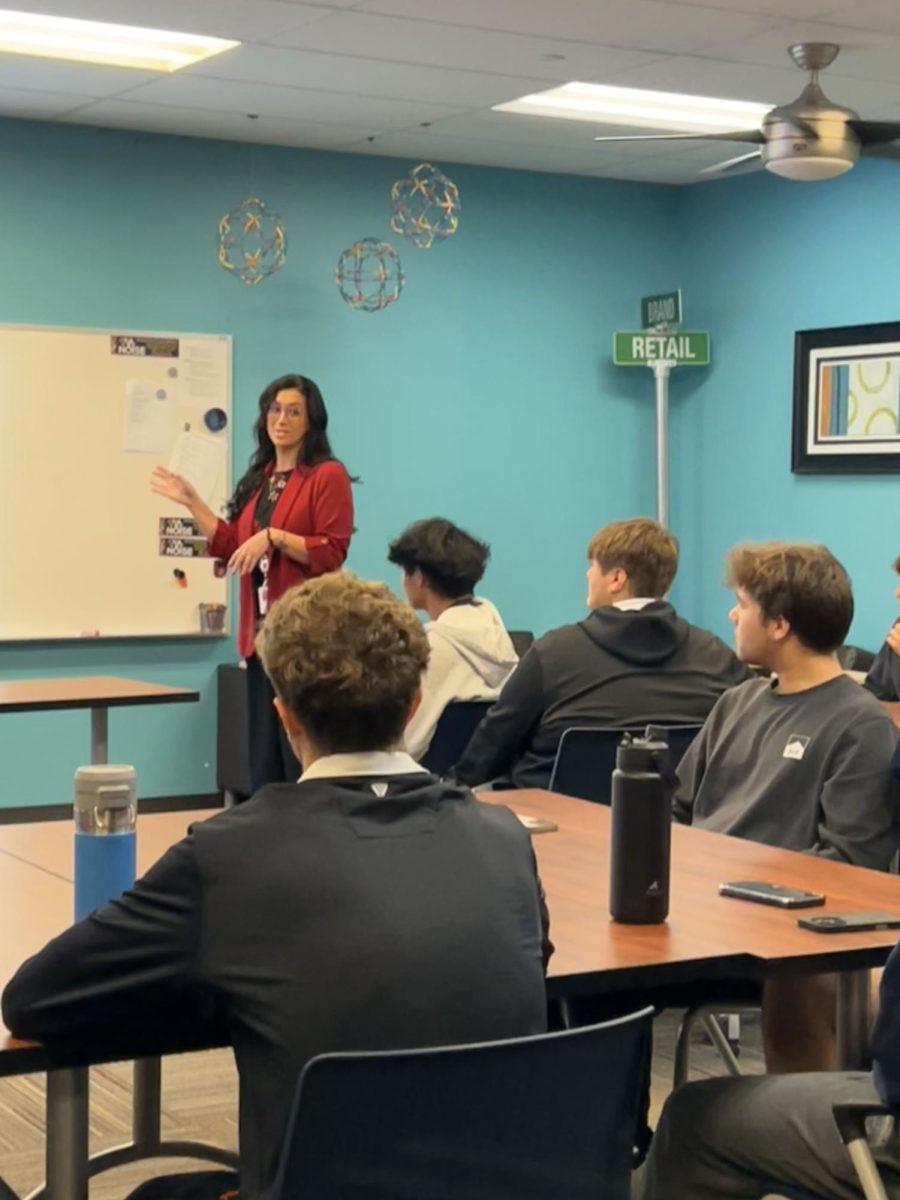

![“My parents have always said that education is important. My parents are Chinese immigrants, I'm Chinese American, [and that's a] value that has always been ingrained in our community,” said Senior Lyndia Zheng, pictured with Tony Zheng](https://bcomber.org/wp-content/uploads/2025/10/DSC_4244.jpg)
